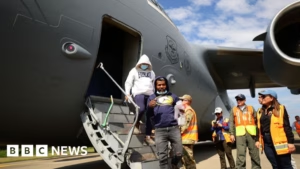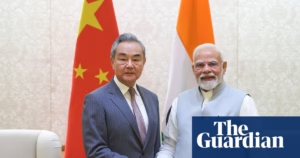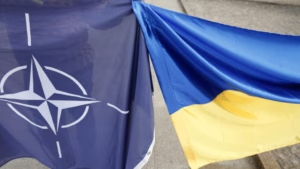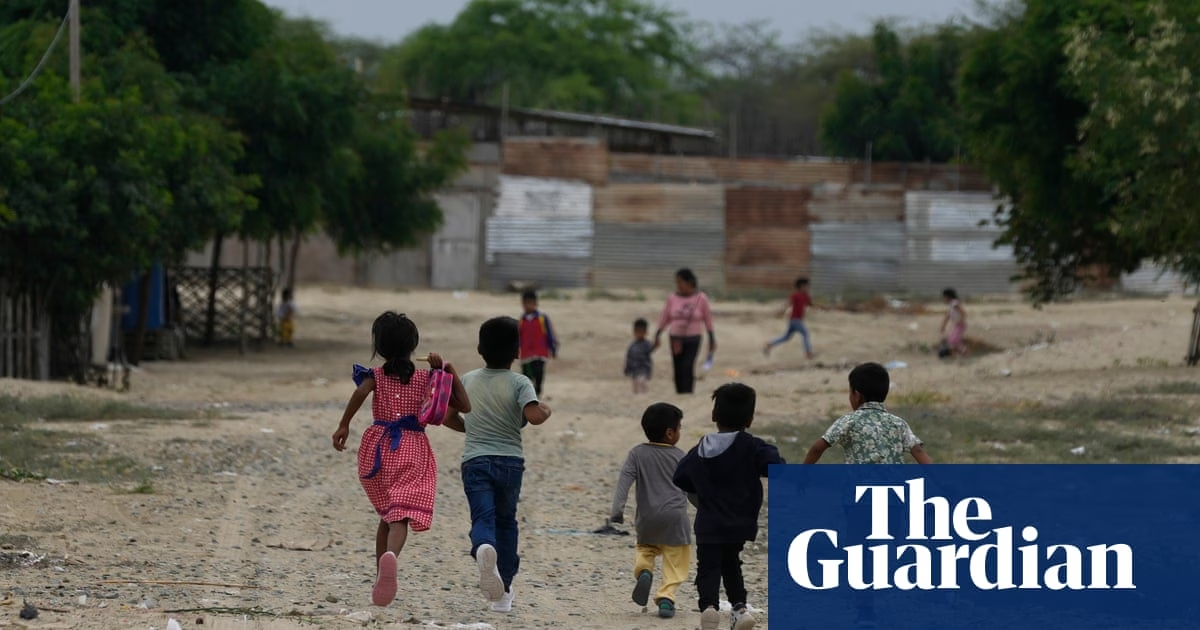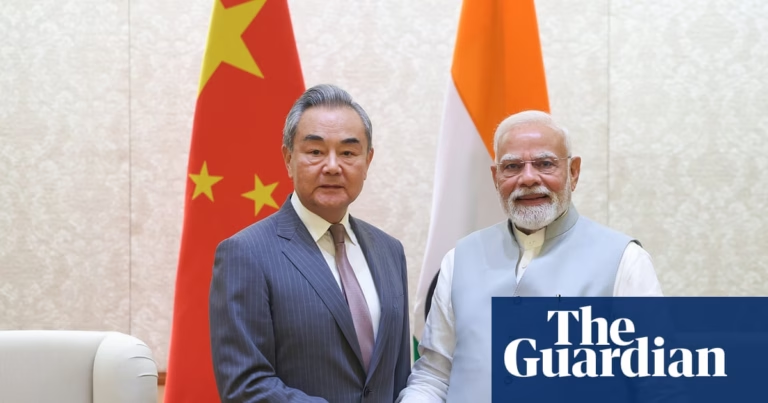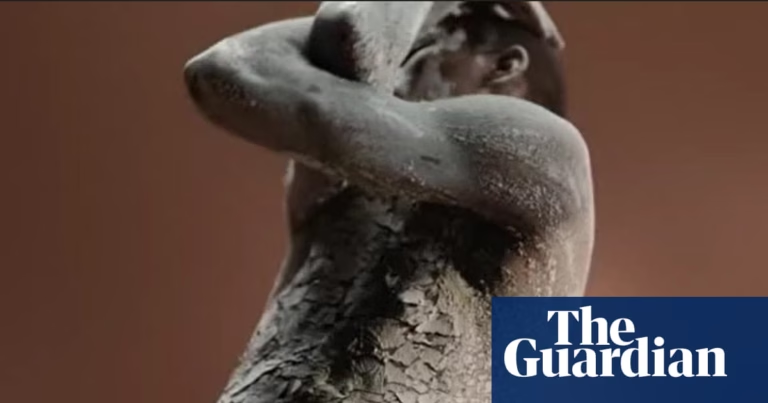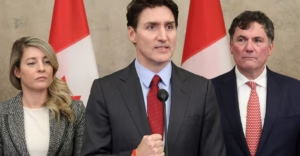Human rights organizations in Peru have raised concerns over a new law that restricts the ability of NGOs to take legal action against the government for human rights violations, raising fears that marginalized communities may be denied access to justice. The law, which was fast-tracked through congress with a significant majority vote, expands government control over international aid and NGO operations.
Critics argue that this move enacts undue restrictions on the independence of non-profit entities, which have historically been crucial in a country plagued by military rule, political instability, and corruption. Supporters of the law claim it promotes transparency in NGO funding and supervision of foreign interference. Alejandro Aguinaga, a lawmaker, suggests that NGOs exploit international cooperation for personal gain.
NGOs like the Legal Defense Institute argue that the law could severely impede their efforts to defend victims of human rights abuses and liken it to previous unconstitutional amnesty laws that prohibited the prosecution of military and police for abuses during the 1980-2000 conflict with the Shining Path. They face hefty fines if they engage in legal actions against the government.
As part of a broader pattern of government crackdowns on civil rights and press freedom, both President Dina Boluarte and congress face extremely low approval ratings. This law comes as Bolivia also erodes its democratic institutions. The regional Amazon indigenous group, Orpio, views this as a significant backward step in human rights and justice for indigenous peoples. Skepticism over USAid’s role in Peru has contributed to this climate, with right-wing politicians leveraging concerns about foreign influence. President Boluarte has actively denounced NGOs, framing human rights as an ideological subterfuge undermining state authority. She faces probes into her handling of anti-government protests and allegations of corruption.
Source: https://www.theguardian.com/global-development/2025/mar/14/peru-human-rights-anti-ngo-law
